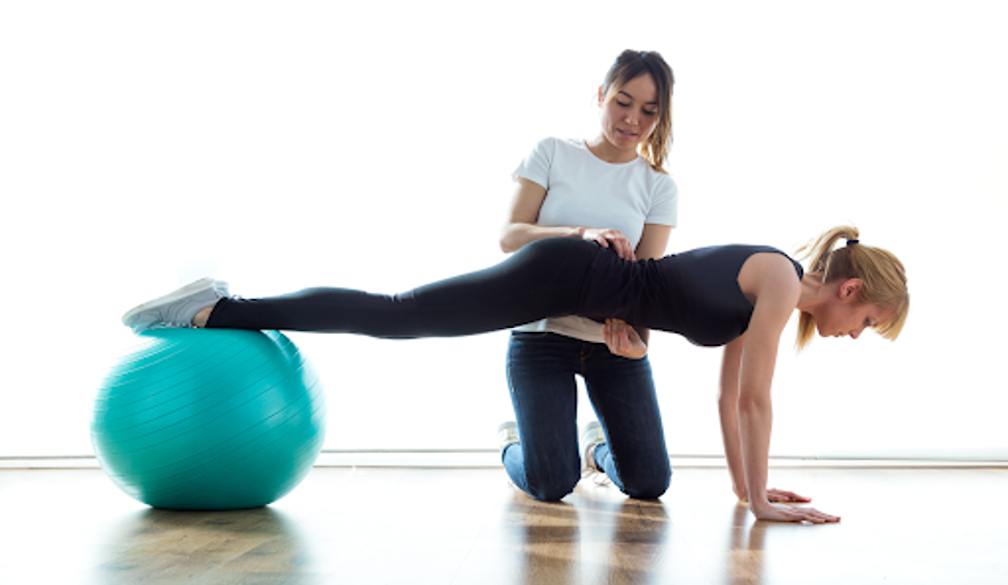How Mobile Allied Health Services Support Women with Neurological Conditions

Neurological conditions such as Multiple Sclerosis (MS), Parkinson’s Disease, stroke, and traumatic brain injuries affect millions of Australians each year. Among those impacted, women face a unique and often more complex set of challenges, physically, emotionally, and socially. As they juggle the effects of progressive conditions alongside family or caregiving responsibilities, many struggle to access consistent therapy.
The Neurological Burden on Women
Women are disproportionately affected by several neurological conditions. For instance, MS is around three times more common in women, and while Parkinson’s Disease is more frequently diagnosed in men, women often experience faster symptom progression and greater disability. Stroke remains one of the leading causes of long-term disability in Australia, with post-stroke depression seen more frequently in women. In the case of traumatic brain injury, female patients are frequently underdiagnosed due to subtler or differing symptom patterns.
Beyond the diagnosis, women face daily barriers that hinder recovery. Chronic fatigue, muscle weakness, and dizziness can make travel to clinics exhausting or even impossible. Some struggle with swallowing difficulties or appetite loss, which compromise nutrition and energy levels. Emotionally, the impact is significant especially for those managing both their own health and the wellbeing of others. Hormonal changes, particularly during menopause, can also intensify certain neurological symptoms.
How Mobile NDIS Allied Health Services Help
Rather than requiring clients to travel, mobile NDIS allied health services bring qualified professionals to the home or local community. This model of care reduces logistical burdens and allows therapy to take place in familiar, functional environments. For example, someone recovering from a stroke can relearn how to cook or bathe using their own kitchen and bathroom setup making therapy more relevant and effective.
This approach also benefits women in rural or regional locations where access to specialist neurological care is limited. By removing the travel barrier and adapting to the client's environment, mobile services provide faster support and more consistent follow-up, which are key to better outcomes.
The Power of a Multidisciplinary Team
The most effective NDIS allied health services offer a team-based approach to neurological care. Each professional plays a vital role in supporting the woman’s recovery journey.
Physiotherapists focus on improving strength, balance, and mobility. Their sessions might include tailored gait retraining or gentle strength-building exercises, often using supportive tools like walking aids. For women dealing with spasticity or postural instability, this input can restore confidence in daily movement.
Occupational therapists work closely with clients to rebuild independence in everyday tasks. They may suggest modifications to household routines or recommend home adjustments such as grab rails, shower chairs, or adaptive utensils—empowering women to live more safely and comfortably.
Speech pathologists are essential for women who experience communication difficulties or dysphagia (swallowing issues). Through structured therapy, they help reduce the risk of choking or aspiration while also improving voice clarity and confidence in social settings.
Dietitians support nutritional needs that may be affected by neurological symptoms or treatment side effects. They develop tailored meal plans that address fatigue, safe swallowing, or weight maintenance, ensuring clients maintain optimal energy for recovery.
Exercise physiologists offer structured movement programs that are designed around the client’s capacity. For women with MS or Parkinson’s, this might mean short, graded activity blocks that prevent overexertion while promoting long-term functional improvements.
Allied health assistants, under the guidance of senior clinicians, help carry out therapy programs and offer valuable hands-on support to both the client and their family. They also assist in training carers in safe mobility techniques, improving the overall home care environment.
Life-Changing Outcomes for Women
Women who access mobile NDIS allied health services often report major improvements in both physical and emotional wellbeing. Regaining the ability to complete everyday tasks, whether it’s preparing meals, walking the dog, or getting dressed fosters independence and self-esteem. The consistent, one-on-one attention also helps reduce feelings of isolation, providing not just therapy, but meaningful connection.
Family members and carers also benefit. Through education and training, they learn safe handling techniques and become active participants in the recovery process. The in-home model cuts down on costs and time spent organising transport, reducing stress for everyone involved.
The Future of Mobile Therapy for Neurological Care
Demand for mobile NDIS allied health services has grown significantly in the post-COVID era, with safety, flexibility, and convenience now seen as essential features of care. More NDIS participants are opting for self-managed or plan-managed funding, which gives them the freedom to choose mobile providers who align with their personal goals.
Emerging trends also include gender-sensitive rehabilitation approaches that recognise the distinct needs of women with neurological conditions. However, ongoing challenges remain. There’s a shortage of specialist therapists in remote areas, a need for more culturally appropriate services, and a lack of long-term outcome data that specifically reflects women’s experiences.










